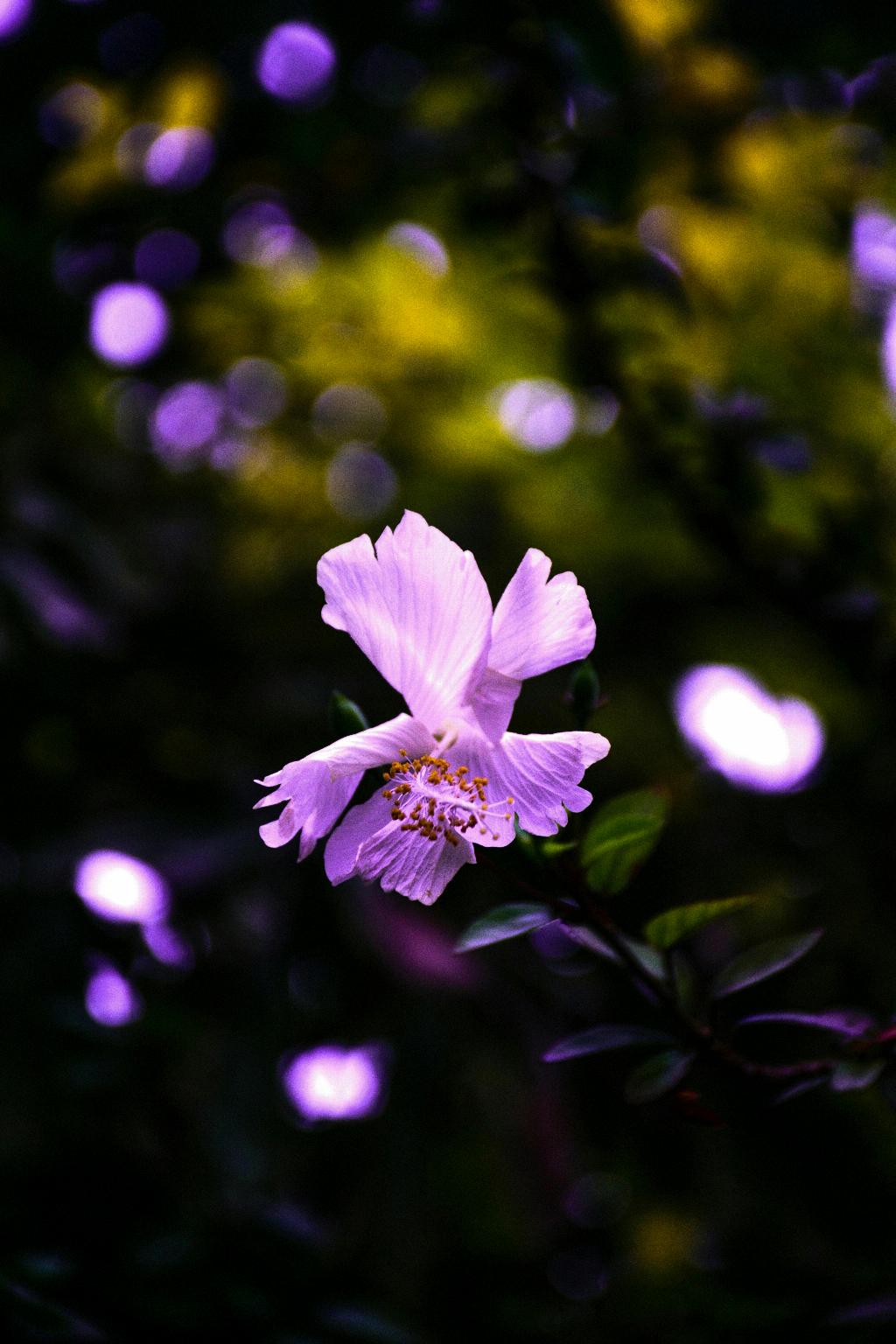When it comes to symbolism, hibiscus flowers are rich with meaning that goes beyond their beautiful appearance. These vibrant blooms are known to symbolize various concepts, including beauty, love, passion, wealth, and fame. In many cultures around the world, hibiscus flowers serve as a representation of these qualities and more.
One of the most common associations with hibiscus flowers is their representation of beauty. The striking colors and delicate petals of the hibiscus plant often evoke feelings of admiration and aesthetic pleasure. In Hawaii, for example, hibiscus flowers are a symbol of beauty and grace, often used in leis and other decorative arrangements.
Love is another prevalent theme linked to hibiscus flowers. The blossoms are seen as a token of affection and romance in many cultures. In Victorian times, gifting a hibiscus flower symbolized the giver’s acknowledgement of the recipient’s delicate beauty and charm, making it a popular choice for expressing love and admiration.
Passion is a strong emotion that hibiscus flowers are often associated with. The fiery hues of red hibiscus blooms can represent intense love, desire, and enthusiasm. In some cultures, hibiscus flowers are used in love potions and spells to ignite passion and kindle flames of romance.
Moreover, hibiscus flowers are also linked to themes of wealth and prosperity. In ancient Chinese culture, hibiscus plants were believed to bring good fortune and riches to those who grew them. The lush and abundant blooms of the hibiscus symbolize fertility, growth, and success in various aspects of life.
On the other hand, hibiscus flowers can symbolize fame and glory. In Polynesian traditions, hibiscus flowers are used to honor and venerate individuals of high status and fame. The bright and eye-catching petals of the hibiscus serve as a visual representation of prestige and recognition.
Aside from these common interpretations, hibiscus flowers hold different symbolic meanings in various cultures. In Hindu traditions, the hibiscus is sacred to deities like Ganesha, symbolizing purity and personal growth. In Egypt, hibiscus flowers were associated with the goddess Isis and used in rituals for healing and protection.
It’s essential to remember that symbolism can be subjective and may vary based on personal beliefs and cultural interpretations. While hibiscus flowers generally symbolize beauty, love, passion, wealth, and fame, individuals may also attribute their unique meanings and significance to these vibrant blooms.
In conclusion, hibiscus flowers encompass a wide range of symbolism that transcends merely being visually appealing plants. These blooms carry with them a tapestry of meanings, emotions, and cultural significance that make them a cherished symbol in various societies across the globe.

